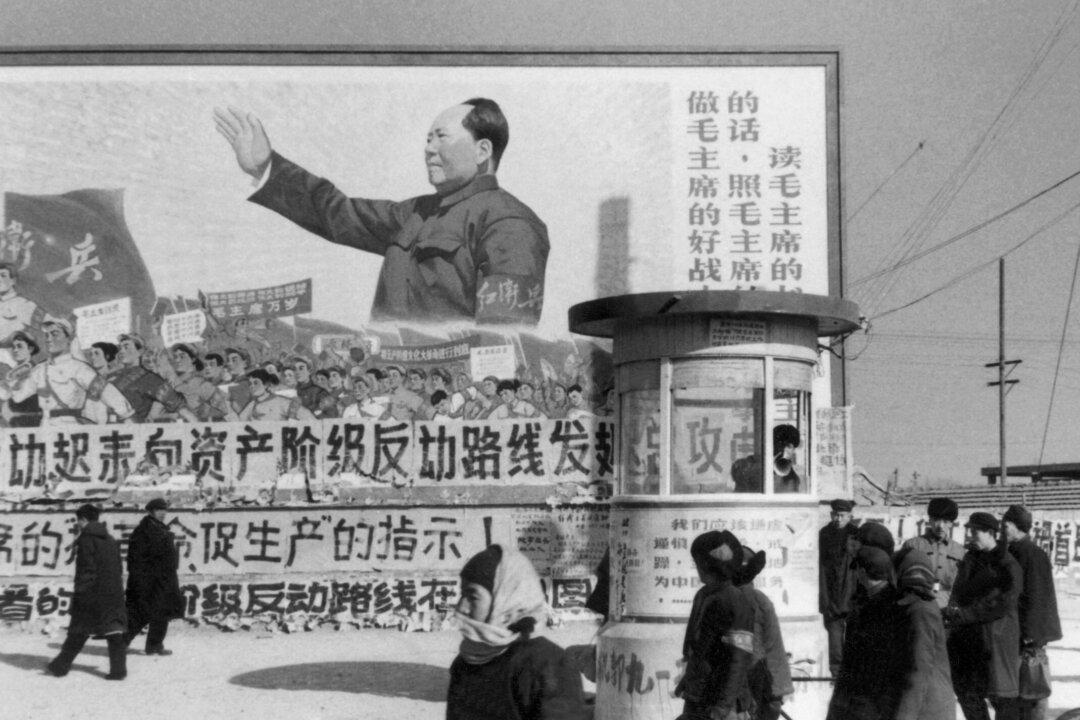As the Chinese regime commemmorates the 130th anniversary of Mao Zedong’s birth, Chinese leader Xi Jinping faces challenges in securing his leadership, according to one China expert.
During a speech marking the significant occasion on Dec. 26, Xi touted Mao’s accomplishments in establishing communist China, downplaying the “historical mistakes” of the Cultural Revolution, and called on the Chinese Communist Party (CCP) to achieve the “modernization of China.”




